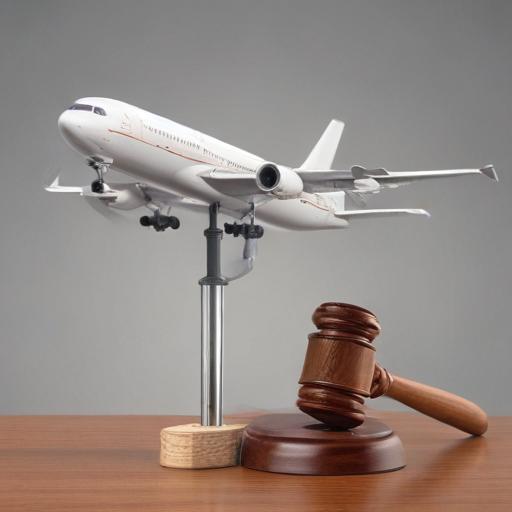Air Canada to resume flights after government ends cabin crew strike and orders binding arbitration
Air Canada plans to restart operations later on Sunday after the government stepped in to end a cabin crew strike that had grounded about 700 flights a day and left more than 100,000 passengers stranded. Thousands of flight attendants walked off the job on Saturday for the first time since 1985, following months of stalled contract talks with the airline.
The Canadian Industrial Relations Board issued orders directing Air Canada and Air Canada Rouge flight attendants to return to duty by 2 p.m. ET, as the government moved to end the stoppage and require binding arbitration to break the contract impasse. The CIRB’s move followed a directive from Jobs Minister Patty Hajdu, who said arbitration would help resolve the dispute and stabilize operations after days of disruption.
Air Canada said flights would begin to come back online on Sunday evening, but warned that some cancellations could persist for 7 to 10 days as the schedule stabilizes and normal operations are restored. The carrier had already begun canceling flights on Friday in anticipation of the walkout.
A focal point of the dispute has been how cabin crew are compensated for time spent on the ground between flights and for assisting passengers during boarding. Attendants are largely paid only when their aircraft is moving, a stance that has long been a sticking point for the union. The Canadian Union of Public Employees (CUPE) had pushed for a negotiated settlement, but also supported binding arbitration as a mechanism to move the talks forward and relieve pressure on the airline.
The CIRB said the terms of Air Canada’s collective agreement with the union, which expired on March 31, would be extended until a new deal is reached. CUPE did not respond to a Reuters request for comment.
Impact on travelers has been significant, with travel plans disrupted across the country and thousands of passengers needing to rebook. As operations ramp back up, carriers will be focused on restoring schedules and restoring confidence for travelers who faced long delays and cancelled trips.
Context and analysis:
– This marks one of the most disruptive labor actions in Canada’s aviation sector in recent memory, underscoring the sensitivity of ground-time compensation and other contract terms in modern airline operations.
– The government’s move to impose binding arbitration signals a preference for a rapid, enforceable resolution, potentially setting a precedent for how similar impasses are handled in the future.
– For Air Canada, the immediate priority is restoring reliability and recapturing passenger goodwill, while ensuring crew satisfaction with a fair and workable compensation framework.
Travelers are advised to monitor flight statuses, contact the airline for rebooking options if needed, and stay flexible as the network works to return to normal levels over the coming days.
Summary:
Air Canada is resuming operations after a government-directed end to a cabin crew strike, with binding arbitration ordered to settle the contract impasse. The disruption highlighted issues over ground-time compensation and could influence labor negotiations and airline scheduling across Canada in the near term.
Additional note:
If you’re covering or updating this story, consider adding a practical traveler section with the latest rebooking guidelines, any notable changes to routes or hubs, and a brief explainer of how binding arbitration works in Canada’s labor disputes.
